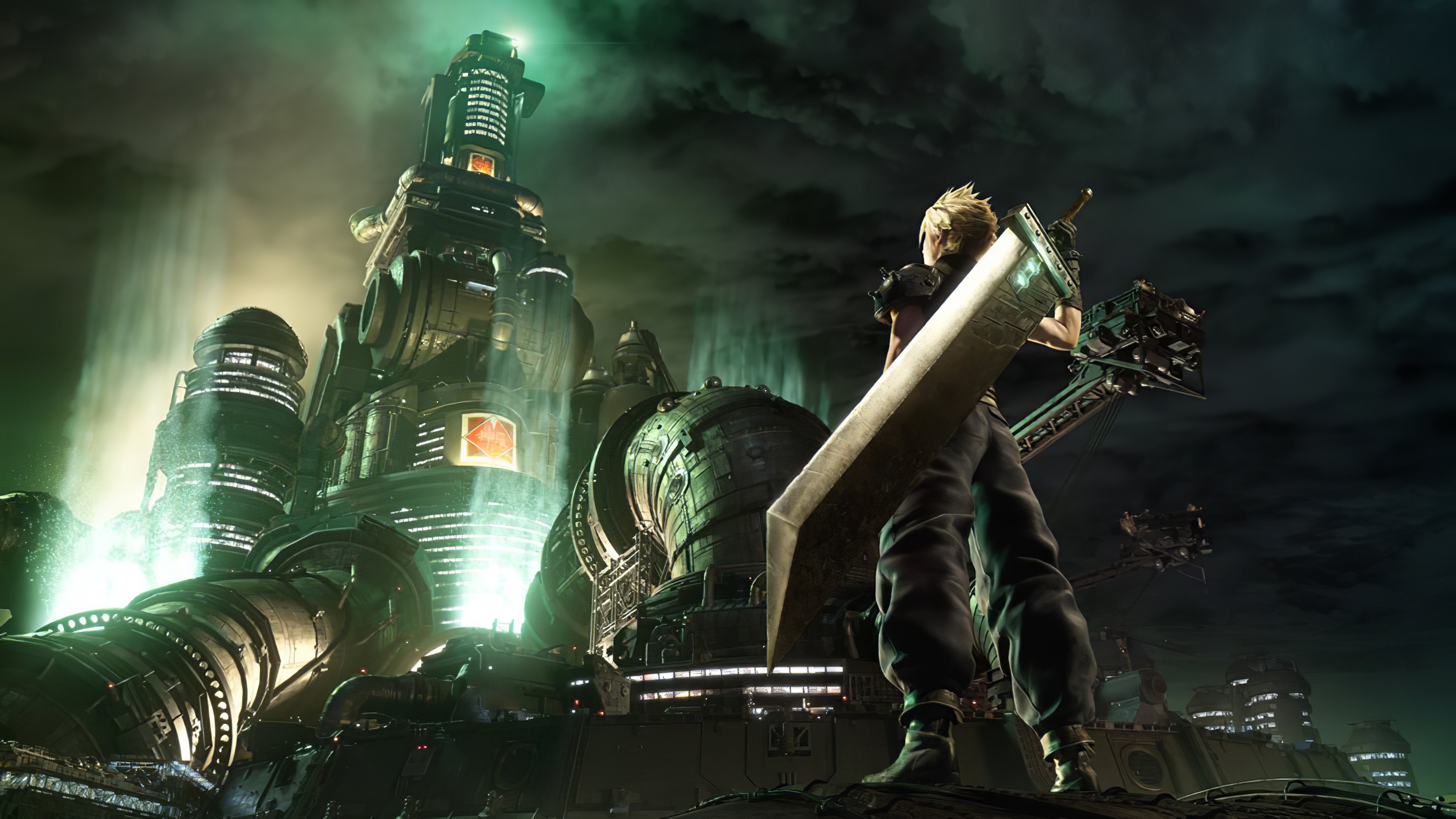In a significant move to assuage fan concerns, Naoki Hamaguchi, director of Final Fantasy VII Remake Part 3, has publicly addressed the performance of its predecessor, Final Fantasy VII Rebirth. Despite Square Enix's previous admission that Rebirth "did not meet expectations" upon its initial launch, Hamaguchi insists that the second installment of the highly anticipated remake trilogy has since been "doing very well" across both PC and PlayStation 5 platforms. This positive momentum, he confirms, has been directly channeled into the development of the trilogy's conclusion, promising a "proper, high-quality" send-off for the iconic narrative.
This statement arrives at a crucial juncture for the Final Fantasy VII Remake saga. Fan anticipation for the concluding chapter is immense, and any perceived stumble in the series' commercial performance could understandably spark apprehension about the final product's scope and quality. Hamaguchi's direct reassurance aims to quell these worries, emphasizing the team's unwavering commitment to delivering a fitting and memorable conclusion that lives up to the legacy of one of gaming's most beloved stories.
Addressing Rebirth's Sales Narrative
The journey of Final Fantasy VII Rebirth has been a complex one, marked by both critical acclaim and a nuanced commercial reception. Square Enix had previously indicated that the game's initial sales figures fell short of their internal projections, a disclosure that naturally raised eyebrows among investors and the fan community alike. Such statements from major publishers often lead to speculation about a game's long-term viability or the resources allocated to future installments.
However, Director Hamaguchi's recent comments paint a more optimistic picture, highlighting Rebirth's sustained performance. His assertion that the game is now "doing very well" on both PC and PS5 suggests a stronger, more consistent sales trajectory beyond its launch window. This extended success, particularly with the addition of the PC platform, indicates a broadening audience reach and a healthier overall commercial footprint than initially perceived. For a title with such a massive development budget and marketing push, sustained sales are critical for long-term profitability and for justifying continued investment in the franchise.
The Promise of a "High-Quality" Trilogy Ender
The core of Hamaguchi's message revolves around the assurance of quality for Final Fantasy VII Remake Part 3. Promising a "proper, high-quality" send-off is not merely a marketing platitude; for a series as revered as Final Fantasy VII, it is a covenant with millions of dedicated fans. The original Final Fantasy VII is a touchstone in gaming history, and the remake project has taken bold steps to re-imagine and expand its narrative, introducing new elements while honoring the original's spirit. This delicate balance means that the conclusion must not only resolve the intricate plot threads introduced in the first two parts but also provide a satisfying emotional arc for its beloved characters.
Hamaguchi's confidence stems from the ability of the development team to leverage Rebirth's ongoing success. This implies that the resources, talent, and creative vision necessary to craft a truly exceptional finale remain firmly in place. In an industry where development cycles are often scrutinized for budget constraints or scope creep, a director's direct affirmation of quality and commitment is a powerful signal. It suggests that the team has the latitude and support required to execute their vision without compromise, ensuring that the ambitious scope of the remake project can be fully realized in its final chapter.
Implications for the Future of the Saga
The director's statement carries significant weight for the entire Final Fantasy VII Remake project and, by extension, for Square Enix's approach to its flagship franchises. Rebuilding such an iconic game across multiple installments is an enormous undertaking, fraught with challenges ranging from fan expectations to technological demands. Hamaguchi's reassurance aims to reinforce fan confidence, which is vital for maintaining hype and engagement leading into the final game's release.
For Square Enix, this communication strategy is crucial. Transparency, even when acknowledging initial missteps, followed by an emphasis on current positive performance and future quality, can help solidify trust within its consumer base. It also demonstrates a commitment to seeing major projects through to a high standard, irrespective of immediate market reactions. As the gaming landscape evolves, the relationship between developers, publishers, and their communities becomes increasingly interdependent. Ensuring that the final chapter of the Final Fantasy VII Remake trilogy delivers on its promise will not only be a triumph for the series but also a testament to the enduring power of its narrative and the dedication of its creators.

